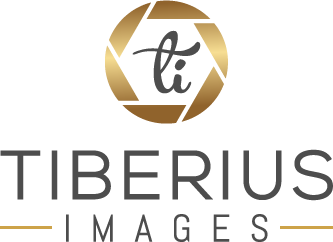7 Storytelling techniques for photographs
Storytelling evokes emotions, conveys messages, and creates lasting impressions.
But it’s incomplete without personalization.
Personalization enhances storytelling impact and resonates with the audience on a deeper level.
Here are 7 personalized storytelling techniques to build your credibility and
engage your audience.
1. Capture real moments:
Authentic moments can make your brand relatable and memorable.
Instead of different poses, focus on capturing genuine interactions and expressions.
These real moments add depth and sincerity to your brand.
Example: During a corporate event, capture your team in action, working together, sharing ideas, and enjoying the moment. These photographs show a dynamic and collaborative environment.
2. Use Light to Create Mood
Lighting can set the tone for your photos.
Soft, natural light can create a warm and welcoming atmosphere, while dramatic lighting can add intensity and focus.
Example: For a product launch, use natural light to highlight the product’s details, creating a sense of transparency. For executive portraits, use bold lighting to emphasize leadership qualities.
3. Include the Environment
The background of your photos adds context to your story.
Whether it’s your office, a factory floor, or an outdoor setting, or the surroundings
can enhance your narrative.
Example: If you're showcasing a new piece of technology, photograph it in the setting
where it will be used. This helps clients see how it fits into their own operations.
4. Highlight Details
Close-up shots of your products or workspace can add richness to your story.
These details can convey quality, craftsmanship, and attention to detail.
Example: A close-up of a craftsman's hands at work or the fine stitching on a product can
highlight the care and precision involved in your work.
5. Show Progression
Showing a process or transformation is a powerful way to tell a story.
Document the journey of a project from start to finish to highlight your capabilities
and the value you bring.
Example: Capture the stages of a project, from initial brainstorming to the finished product.
This shows a comprehensive story of your work.
6. Use Props
Props can add context and interest to your photos. They should be relevant and
enhance the story you’re telling.
Example: If you're photographing a new office space, include elements like laptops,
notepads, and coffee mugs to create a realistic and relatable scene.
7. Tell a Human Story
Add people into your photos to make your story more relatable.
Show your team, clients, or customers interacting with your products or services.
Example: Capture a customer using your product, a team member assisting a client, or a group of employees working together. These human elements make your brand story more engaging.
At Tiberius Images, we specialize in creating visual stories that connect with your audience.
We offer flexible and premium photography and videography services customized to B2B businesses.
Contact Tiberius Images today to start creating your visual story.


